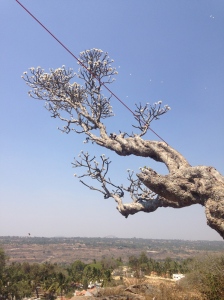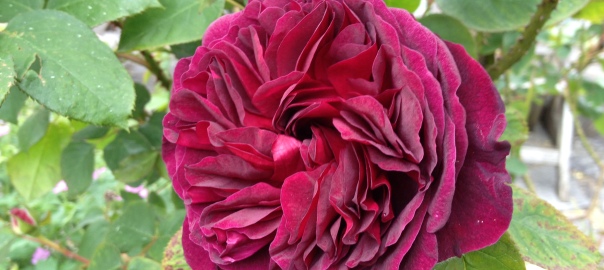Some days you walk through an invisible door to a new place, Edward Thomas captured this thought in ‘The Bridge’: –
I have come a long way to-day:
On a strange bridge alone,
Remembering friends, old friends,
I rest, without smile or moan,
As they remember me without smile or moan.
All are behind, the kind
And the unkind too, no more
To-night than a dream. The stream
Runs softly yet drowns the Past,
The dark-lit stream has drowned the Future and the Past.
No traveller has rest more blest
Than this moment brief between
Two lives, when the Night’s first lights
And shades hide what has never been,
Things goodlier, lovelier, dearer, than will be or have been.
When I was young I thought that people’s lives could be improved by creating better places to live so I dedicated my life to this. I thought making nice places to live would help people. Looking back I see that the place I lived was good and that the people I shared my life with were too and we had happy lives, whether we knew it or not at the time,’ tena tyaktena bunjitah’, (Isa 1.1, – roughly means ‘renounce and enjoy’).
My teacher Hamish said ‘a yogi always has what they need’ and this makes me wonder if others really needed my help. So often what people have is actually more than they need. It’s also interesting that what you think you want creates what you do, how you feel and how you behave. It also affects those around you similarly. And thus begin the travels, the search and the sense of missing-ness and loss. I recall reading Maya Angelou’s book ‘I know why the caged bird sings’ and thought this an odd title; but now I don’t.
Pursuing a lifetime of ‘environmental determinism’ has led me to understand that the way we live has drifted over the centuries, indeed as a species we have sleep-walked into a future we didn’t anticipate as though it was our plan all along. Are we becoming Michael Moorcock’s ‘Dancers at the end of time’ and do we need to find the reconnection that Jherek Carnelian found? Those who knew followed the razor’s edge (Katha 2.1) to the cave of the heart and found his ‘Kaivalya’.
Early people lived alone or in small bands hunting and gathering, developing into simple farming collectives. Trading began at crossroads and towns were born, self governing we began to evolve collective decision making and rule making. Rules need enforcement and power was seen in governance. Models of governance raged in wars over the surface of the earth until boundaries gelled and the arms race subsided into kings and queens, republics, dictatorships and democracies etc. Philosophical dialogues begat communism, marxism, socialism, capitalism and this power war seems to have birthed a winner in sort of socially responsible democratic capitalism. Gross and visible are the manifestations of this power.
Cities grew and logistics of mass food production, travel, health and sanitation were invented to support the growth. Civilisation grew through agrarian and industrial revolutionary eras. Great beauty in design, architecture, science, engineering, art, music, poetry, performing arts, philosophy and thinking were created and this was good and fuelled the desire for collective living at the expense of the less developed but perhaps much more spiritual (though mystical) cultures across the globe. All tastes catered for in the civilisation machine and so the caged bird flies, stilted or silent of song.
In the background commerce invented barter and money for trade and another power base through trade and commercialisation. Subtle is the power wielded by commerce selling dreams in addictive products like tobacco, drugs and alcohol; objects of desire like Rolex and Gucci and Maserati exist to make you want and covet them. And so we toil to buy ephemeral pleasures forgetting that inside all we need is probably what we already have. We work not to survive and grow spiritually but to pay for stuff we desire.
Mindfulness and philosophy were systemised and have become religions which practitioners say are the one true religion. If we go back to an era before religions, the thinkers of the time, primitive, mystical philosophers wrote words to explain their thoughts knowing that mere words could only ever point at the invisible answers inside us. Out of the cave of the heart there are 2 paths, one of pleasure and one of joy; the wise opt for joy and the foolish (sleepwalkers) for pleasure. Joy is forever and can be kept. Pleasure can be acquired and experienced over and over again without satisfaction as Mr Jagger explains.
So here we are maybe at the end of time, knowing the path but some treading another. Perhaps we can dedicate ourselves to seeking the right path and showing it to others,
one by one they come.

